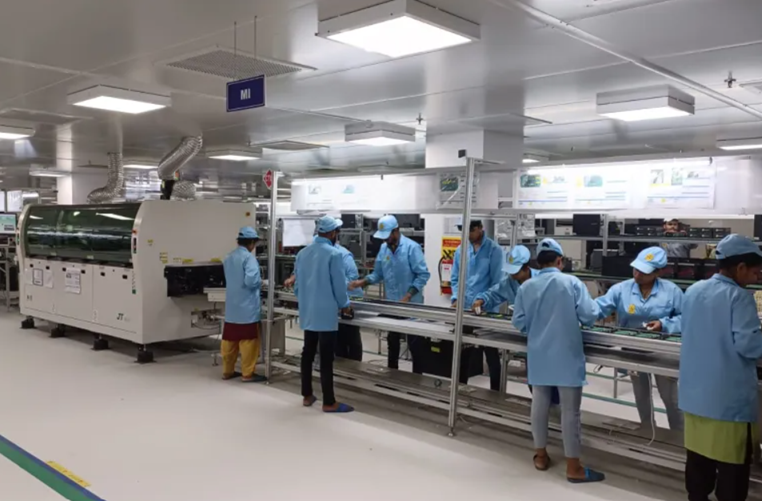India’s Finance Minister Nirmala Sitharaman presented the interim budget, marking almost a decade of Prime Minister Narendra Modi’s government. Instead of focusing on freebies ahead of upcoming national polls, Sitharaman highlighted the government’s achievements, showcasing a shift from agriculture to manufacturing and reducing subsidies while maintaining capital expenditure at 1.3 trillion rupees ($15.6bn). She announced a fiscal deficit of 5.1 percent for the year ending March 2025, lower than market expectations.
The reduced subsidies indicate a move towards manufacturing, according to analysts. The government had previously announced free food supplies to the poorest, but opposition parties disputed Sitharaman’s claims of lifting 250 million people from poverty, citing COVID and the government’s GST as factors affecting the poor and small businesses. However, Sitharaman attributed the lower fiscal deficit to growing private investment and improved tax collection, including increasing the luxury tax ambit.
The budget measures aimed at boosting the rural economy, including schemes for rural housing and aquaculture, were praised but criticized for neglecting small enterprises in small towns affected by GST. The finance minister also announced initiatives to boost women’s skill-building and entrepreneurship, aiming to transition them from agricultural to manufacturing jobs. However, former central bank governor Raghuram Rajan highlighted the lack of attention to creating human capital.
The budget included a household rooftop solar energy scheme and an expansion in charging infrastructure for electric vehicles, aligning with India’s target to achieve net zero emissions by 2070. The budget’s careful spending ahead of elections reflects the government’s confidence, as it recently won elections in three major states and celebrated the inauguration of the Ram Temple at Ayodhya. Prime Minister Modi praised the budget for balancing capital expenditure with fiscal discipline.
(Source: Al Jazeera | Reuters | Forbes)









